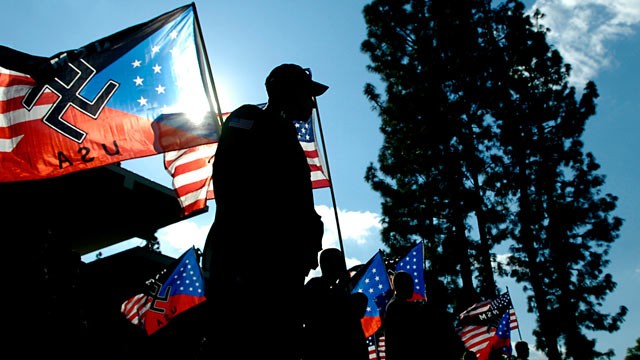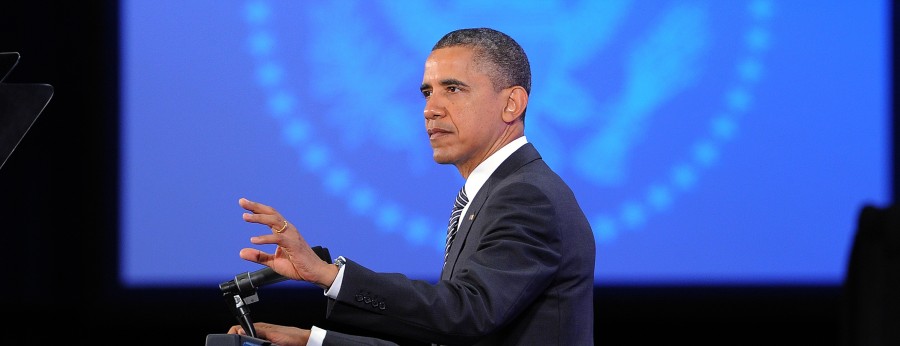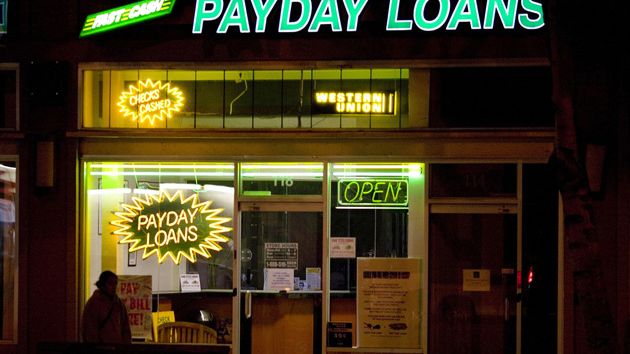You see a lot of fretting about China’s slowing economy these days, but just how bad is it? A quick look at the country’s gross domestic product shows that growth has slowed to 8.1 per cent in the first quarter (year over year), down from 8.9 per cent in the fourth quarter. That marks the first back-to-back growth below 9 per cent since the financial crisis of 2008 and 2009.
According to Peter Buchanan, an economist at CIBC World Markets, many observers had believed that the first quarter would mark the low point for China’s GDP. Well, maybe not: He expects growth to tumble further, to 7.8 per cent this year. But GDP tells only part of the story, and so Mr. Buchanan has looked at a number of other worthy economic indicators – and most of them point to trouble ahead.
Exports rose 4.9 per cent in April, which was weaker than expected.
Industrial production rose 9.3 per cent in April, the lowest level since early 2009.
Housing inventories are high, and prices fell in April over last year, for the second straight month.
Electricity production/use rose just 0.7 per cent in April, the slowest pace since 2009.
Rail freight volumes have slowed to a trend rate of 2 per cent to 3 per cent, down considerably from last year.
Loan demand in April missed expectations, suggesting that access-to-capital difficulties continue.
Government revenues rose just over 10 per cent in the first quarter, over last year. That’s the slowest pace in three years and down from revenue growth of more than 20 per cent in last year’s first quarter.
Add it up, which Mr. Buchanan does, and you can expect a deeper Chinese economic slowdown than many observers have been expecting. That's a big concern for the global economy and stock markets, given China’s role in both. But does this mean China is headed for a hard landing?
Right now, Mr. Buchanan thinks “firm landing” might be a more appropriate term: While easing of curbs on the property sector and export headwinds from Europe mean that the economic slowdown is unlikely to end before the second half of the year, China at least has stimulative options.
“Further policy easing, including rate cuts and fiscal accommodation, should facilitate a gradual recovery from there,” he said.
Original Article
Source: Globe
Author: DAVID BERMAN













































